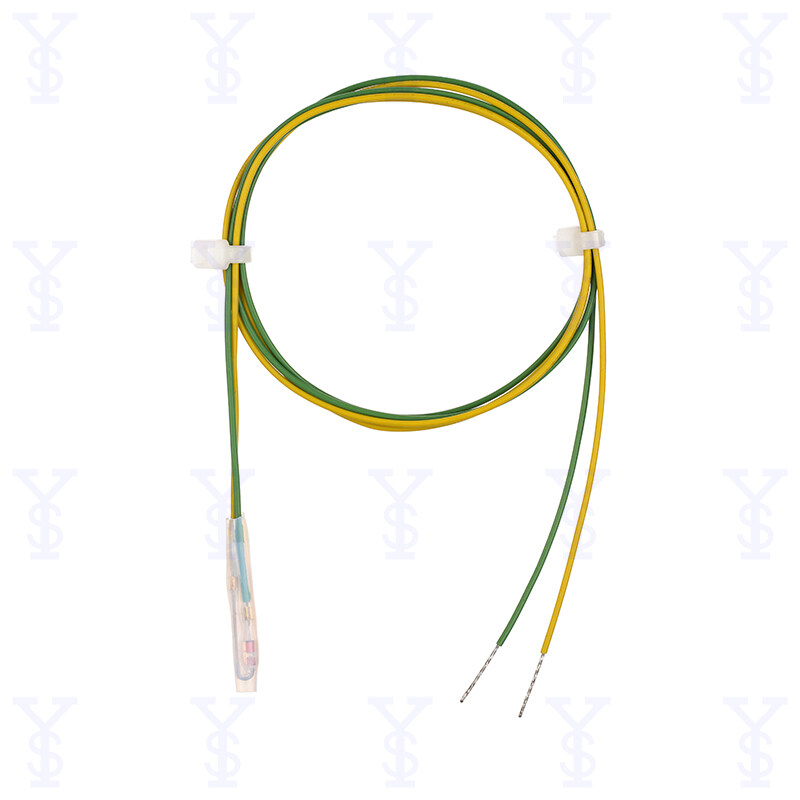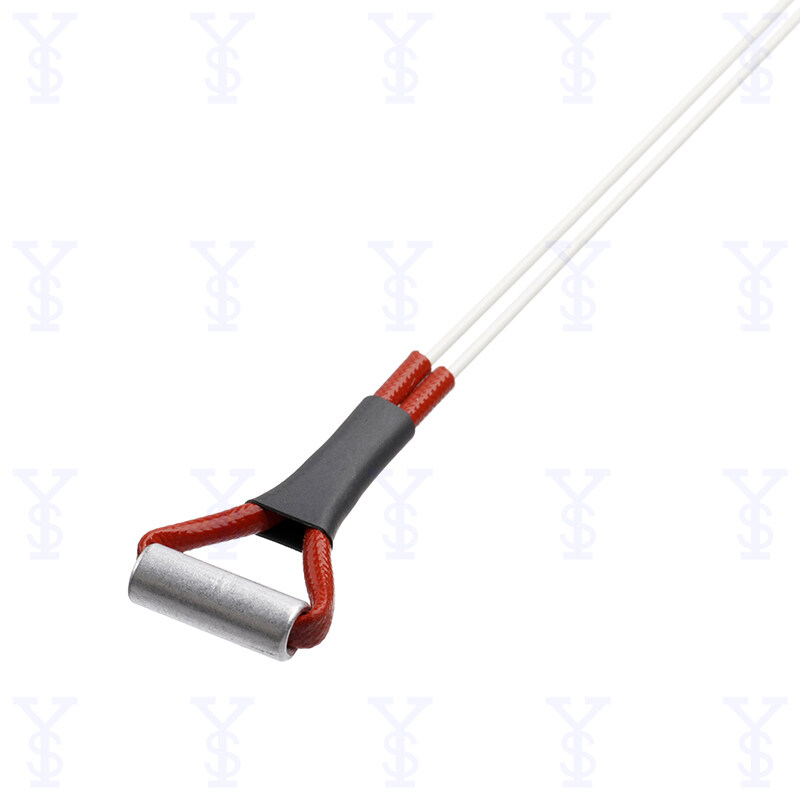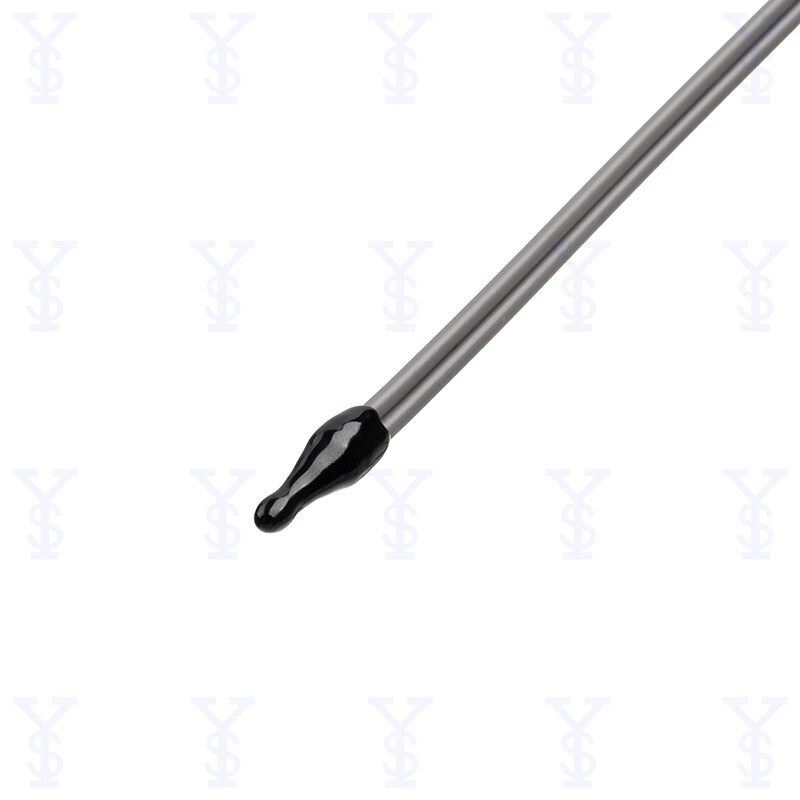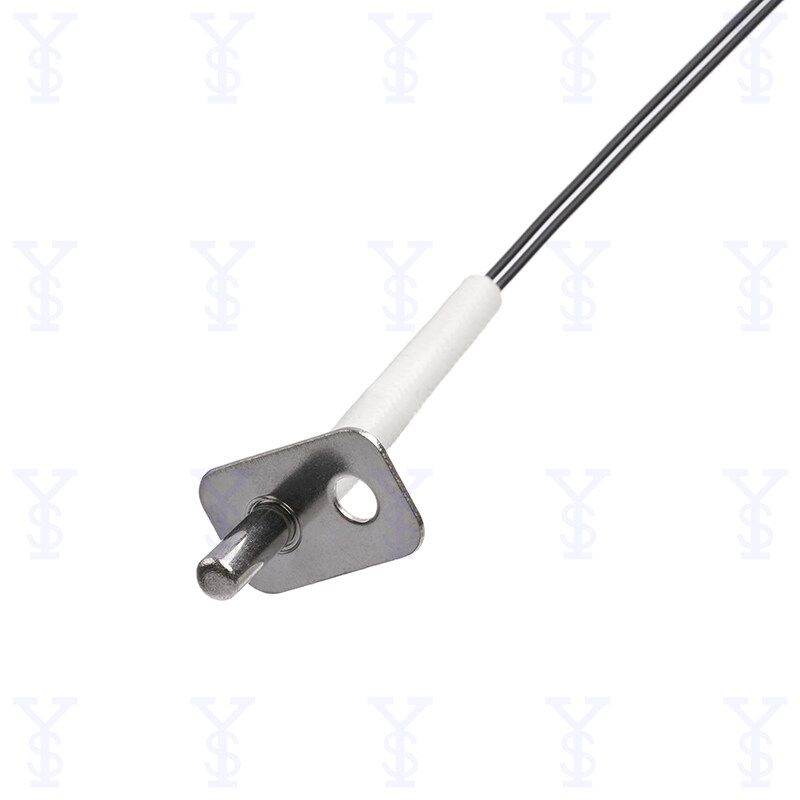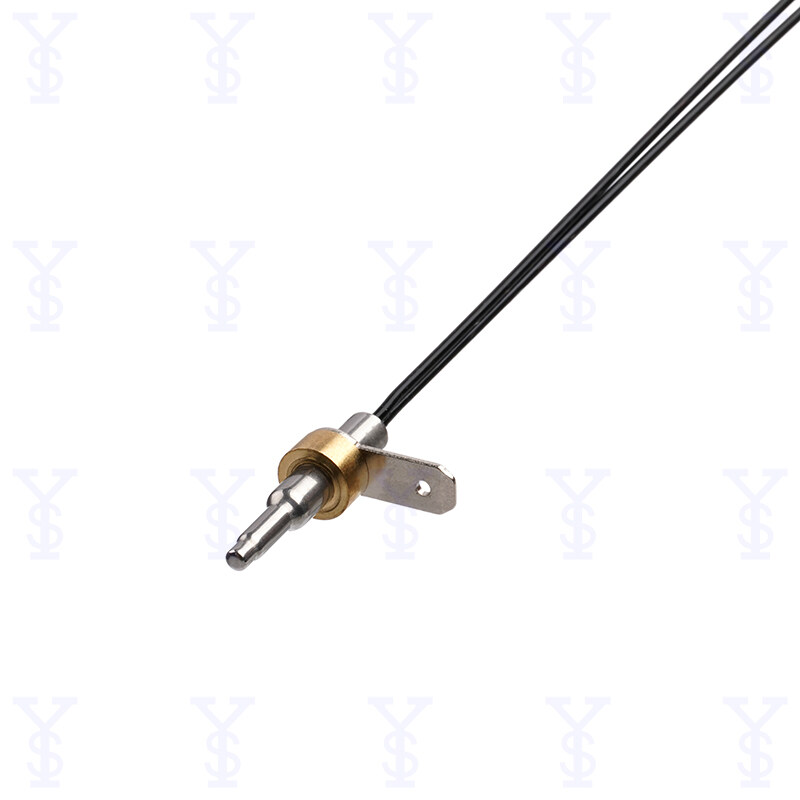Error de formato de correo electrónico
emailCannotEmpty
emailDoesExist
pwdLetterLimtTip
inconsistentPwd
pwdLetterLimtTip
inconsistentPwd

KTY Silicon Motor Temperature Sensor
KTY series silicon temperature sensors are temperature sensors made of silicon. It is suitable for high-precision temperature measurement in small pipes and small spaces and can be used for industrial On-site temperature is continuously measured and tracked. Silicon materials have the advantages of good stability, wide temperature measurement range, rapid response, small size, high precision, strong reliability, long product life, and output linearization.
KTY series silicon temperature sensor is a silicon material chip temperature sensor. Characteristics of silicon materials have the advantages of good stability, wide temperature measurement range, rapid response, small size, high precision, strong reliability, long product life, and output linearization; it is suitable for high-precision temperature measurement in small pipes and small spaces, and can be used for industrial On-site temperature is continuously measured and tracked.
The Features of Temperature Sensor for Motor
| Teflon Plastic Head Package | |
|---|---|
| Good stability, good consistency, high insulation, oil resistance, acid and alkali resistance, high precision | |
| Recommended | KTY84-130 R100℃=1000Ω±3% |
| Working Temperature range | -40℃~+190℃ |
| Wire Recommend | Teflon Wire |
| Support OEM, ODM order | |
- KTY84-1XX series temperature sensor, according to its characteristics and packaging form, the measuring range can vary in temperature from -40°C to +300°C, and the resistance value changes linearly from 300Ω~2700Ω.
- KTY83-1XX series temperature sensor, according to its characteristics and packaging form, the measuring range can vary in temperature from -55°C to +175°C, and the resistance value changes linearly from 500Ω to 2500Ω.
The Applications of KTY Silicon Temperature Sensor for Motor
Motor, industrial control; product
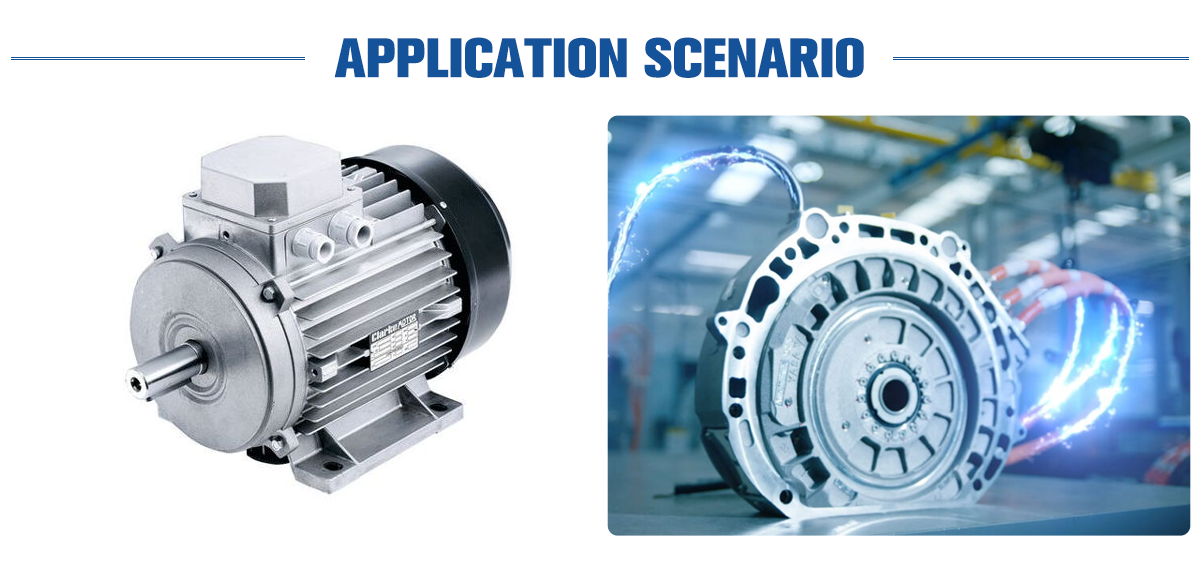
The Working Principle of Motor
Over the operating temperature range, the sensor's resistive response can be calculated from a second-order equation for various temperatures. Once the resistance is found, a temperature factor can be derived, and then using the temperature factor, the temperature at the sensor can be calculated using an equation that estimates an approximately linear resistance versus temperature curve.
KTY temperature sensors are increasingly used in critical applications, especially large high-investment motors such as torque motors and water-cooled motors. The reason is that KTY sensors allow for advanced insights from temperature readings. For example, warning and reducing operating states are easier to achieve due to the accuracy and linearity of temperature results.




